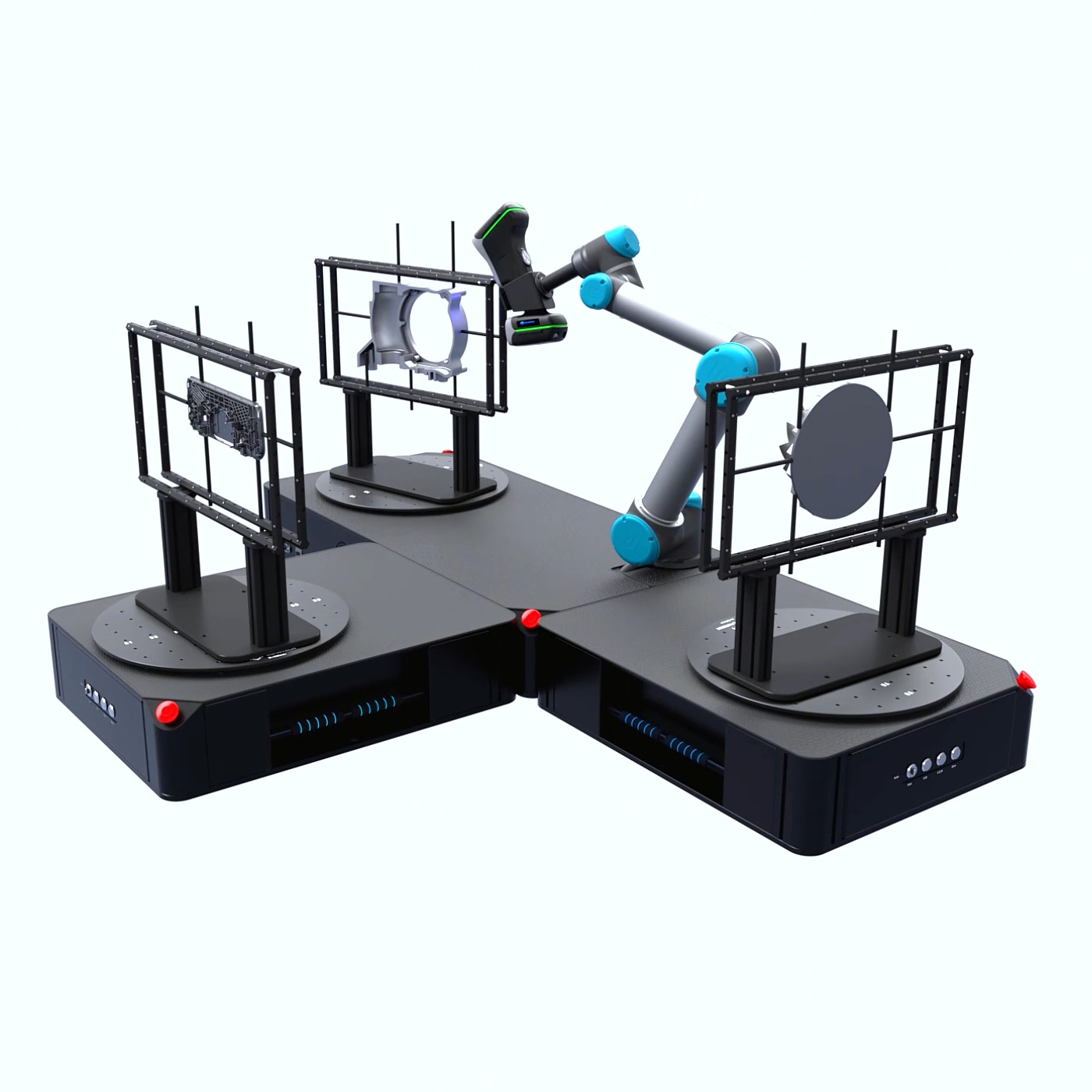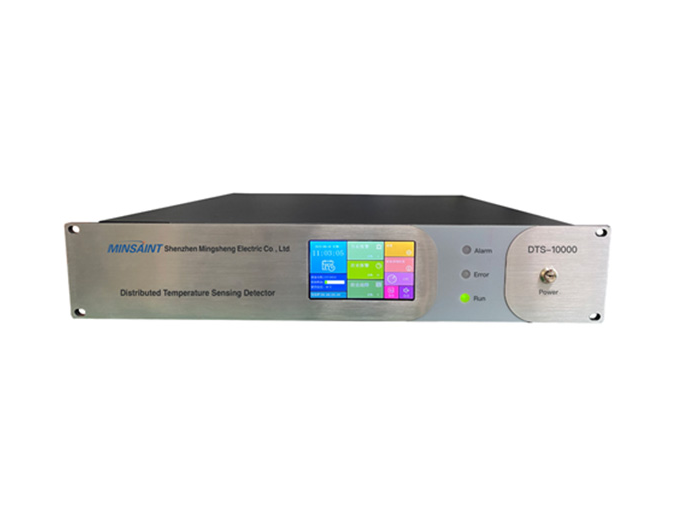
Electrical maintenance is a critical aspect of ensuring the safety and reliability of any electrical system. Whether you are a homeowner, a business owner, or an industrial facility manager, proper electrical maintenance is essential to prevent costly downtime, equipment damage, and even electrical fires. In this article, we will provide you with a comprehensive guide on how to do electrical maintenance, including tips and tricks for keeping your electrical systems running smoothly.
- Conduct Regular Inspections:
The first step in electrical maintenance is to conduct regular inspections of your electrical systems. This includes checking for loose connections, damaged wires, and other signs of wear and tear. Inspections should be done at least once a year, but more frequent inspections may be necessary for high-use systems. - Keep Electrical Systems Clean:
Dirt and debris can accumulate on electrical systems over time, leading to reduced efficiency and even equipment failure. Regular cleaning of electrical systems can help prevent these issues. Use a soft brush or cloth to remove dust and debris from electrical components, and avoid using water or other liquids that could damage the system. - Test Electrical Components:
Testing electrical components is an essential part of electrical maintenance. This includes testing circuit breakers, fuses, and other components to ensure they are functioning correctly. Testing should be done by a qualified electrician, and any faulty components should be replaced immediately. - Maintain Proper Lubrication:
Electrical systems that contain moving parts, such as motors and generators, require proper lubrication to function correctly. Regular lubrication can help prevent wear and tear on these components and extend their lifespan. Use the manufacturer's recommended lubricant and follow the recommended maintenance schedule. - Check Voltage and Current Levels:
Monitoring voltage and current levels is critical for maintaining the safety and efficiency of electrical systems. Use a multimeter to check voltage and current levels regularly, and compare them to the manufacturer's specifications. Any deviations from these specifications should be investigated immediately.
Conclusion:
Proper electrical maintenance is essential for ensuring the safety and reliability of any electrical system. By conducting regular inspections, keeping electrical systems clean, testing electrical components, maintaining proper lubrication, and monitoring voltage and current levels, you can help prevent costly downtime, equipment damage, and even electrical fires. Remember to always follow the manufacturer's recommended maintenance schedule and consult a qualified electrician for any repairs or replacements.




